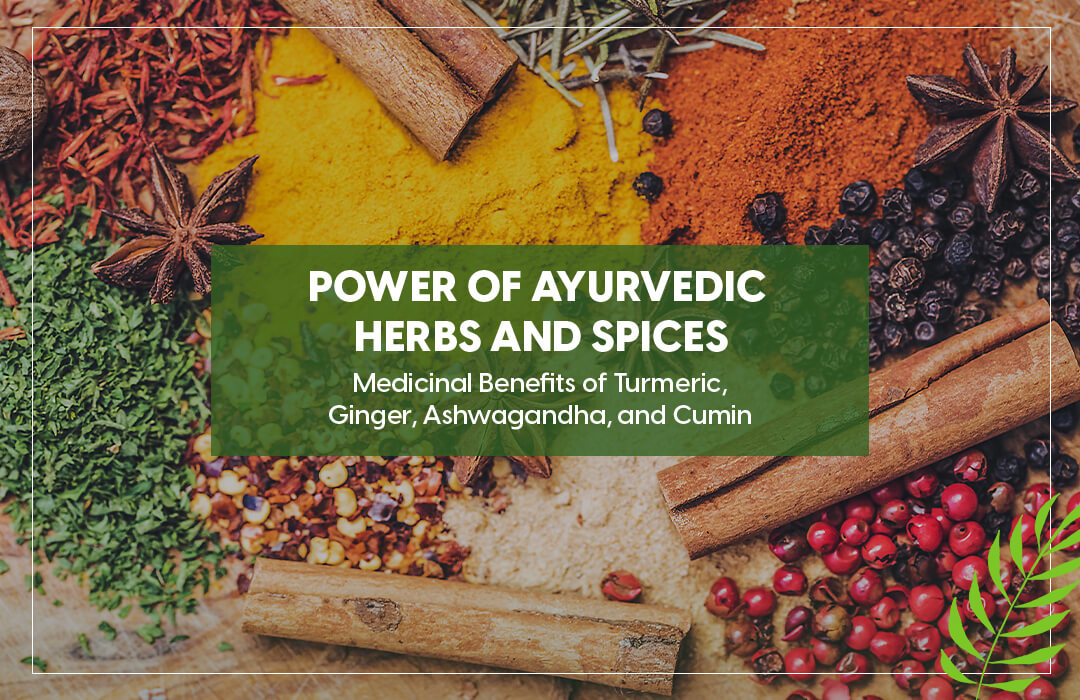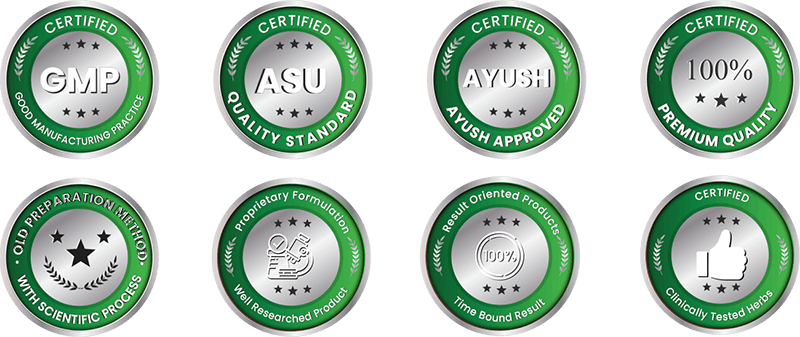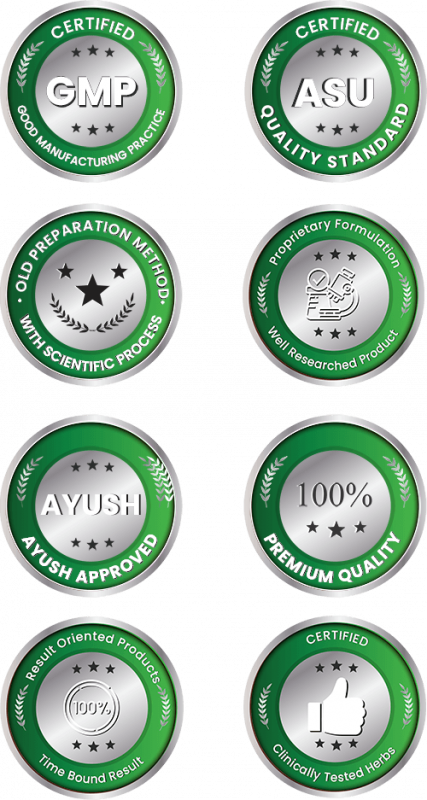Exploring the Medicinal Benefits of Turmeric, Ginger, Ashwagandha, and Cumin
Ayurveda is an ancient system of medicine that has been practiced in India for thousands of years. It utilizes a holistic approach to health and well-being, emphasizing the importance of diet, lifestyle, and herbal remedies. Ayurvedic herbs and spices play a significant role in this approach, offering a range of medicinal benefits that can promote healing and prevent disease.
Turmeric
Turmeric is a bright yellow spice commonly used in Indian cuisine. It contains a compound called curcumin, which has potent anti-inflammatory and antioxidant properties. Curcumin has been shown to improve brain function, reduce the risk of heart disease, and even combat certain types of cancer. Turmeric is also an excellent digestive aid and can alleviate symptoms of bloating, gas, and indigestion.
Ginger
Ginger is another Ayurvedic spice with a long history of medicinal use. It has powerful anti-inflammatory and pain-relieving properties, making it an excellent natural remedy for headaches, menstrual cramps, and muscle soreness. Ginger also aids in digestion, promotes healthy blood sugar levels, and can even reduce the risk of certain types of cancer.
Ashwagandha
Ashwagandha is an Ayurvedic herb that has been used for centuries to promote overall well-being and improve vitality. It is an adaptogenic herb, meaning it helps the body adapt to stress and promotes a sense of calm and relaxation. Ashwagandha can also boost immunity, improve cognitive function, and reduce inflammation.
Cumin
Cumin is a popular Ayurvedic spice known for its ability to aid digestion and stimulate the metabolism. It is rich in antioxidants and has anti-inflammatory properties, making it an excellent natural remedy for respiratory issues like asthma and allergies. Cumin also promotes healthy blood sugar levels and can help reduce the risk of diabetes.
These are just a few of the many Ayurvedic herbs and spices with medicinal benefits. By incorporating these and other Ayurvedic remedies into your diet and lifestyle, you can promote optimal health and well-being naturally. However, it is always essential to consult with an Ayurvedic practitioner before incorporating new herbs or supplements into your routine.





